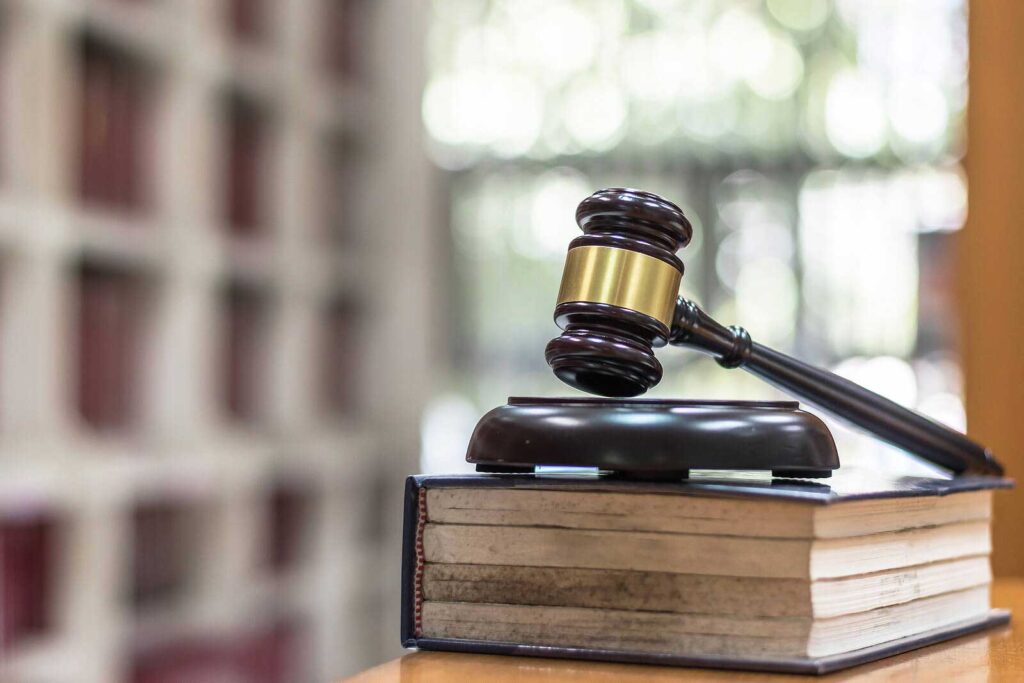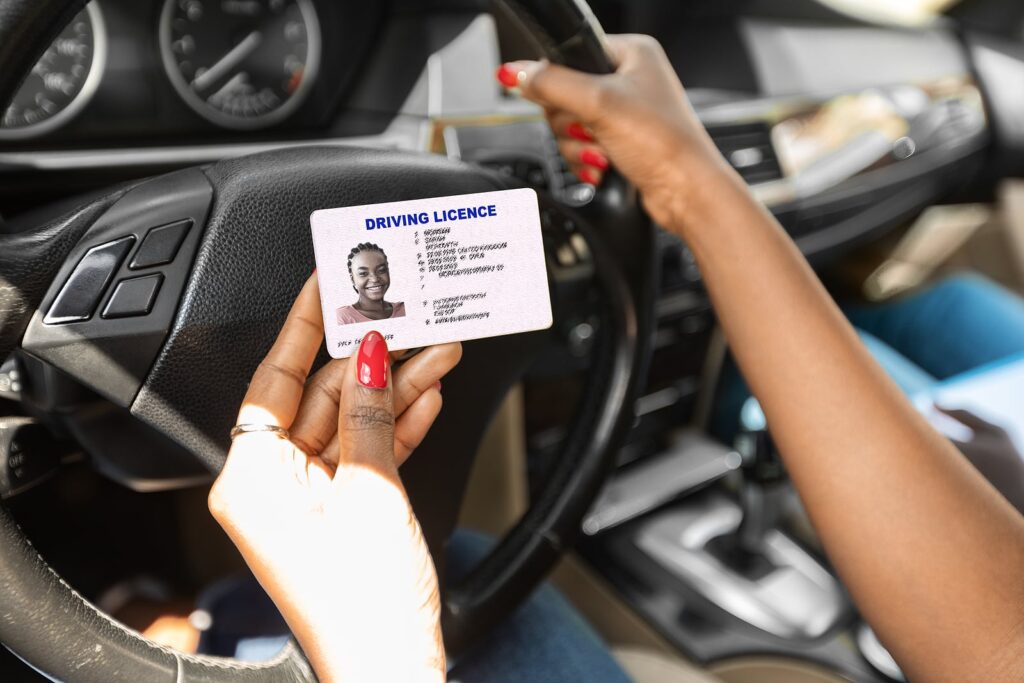If you’re accused of violating probation in Massachusetts, a violation of probation (VOP) hearing will be scheduled, and you’ll need to be represented by a Boston violation of probation attorney. How does probation work in Massachusetts, and what constitutes a probation violation?
Fines, jail terms, and prison sentences are only several of the tools that Massachusetts judges may use when they sentence a convicted criminal offender in this state. For many convictions, judges can also order probation.
A good defense attorney will always try to have a criminal charge dismissed or win an acquittal, but when the evidence is persuasive and a conviction is certain, a defendant’s attorney may recommend accepting a plea bargain that includes probation.
When a criminal defendant accepts a plea deal, if the defendant agrees to certain conditions in exchange for resolving the case without a trial, he or she may be sentenced to probation rather than jail or prison. Do not, however, accept any plea deal before consulting with your attorney.
WHAT IS REQUIRED OF OFFENDERS WHO SERVE PROBATION?
To qualify for probation, a convicted offender must agree to adhere to the conditions and terms of the probation, and the offender must sign a statement to that effect.
Probation returns offenders to the community under strict supervision. A probation officer supervises the offender’s rehabilitation and enforces the terms and conditions of probation ordered by the court.

Probationers must meet regularly with a probation officer, adhere to that probation officer’s instructions, obtain permission to travel outside of the jurisdiction, and inform the probation officer if there is any change of employment or change of address.
Those who qualify for probation in Massachusetts, in most cases, are offenders convicted of nonviolent or minor crimes who do not also have extensive criminal records. Probation officers in Massachusetts are currently supervising more than 80,000 probationers.
WHAT HAPPENS IF A PROBATION VIOLATION IS SUSPECTED?
If a probation officer believes that a probationer has violated the probation terms and conditions, the probation officer will submit a Notice of Surrender to the court. The probationer is served the Notice of Surrender and a violation of probation hearing is scheduled. At that hearing:
- The judge may add more terms and conditions to the probation.
- Any compliance credit earned by the probationer may be taken away.
- Probation may be revoked, and the probationer may be sent to jail or prison.
Probation works in Massachusetts. In 2020, the Council of State Governments (CSG) reported that Massachusetts has the lowest incarceration rate of probationers for probation violations of all fifty states. Only one percent of Massachusetts inmates are in prison for violating probation.
WHAT ARE THE MOST COMMON VIOLATIONS OF PROBATION?
In Massachusetts, a violation of probation proceeding is scheduled if a probation officer believes that a probationer has violated the terms and conditions of probation by:
- failing to obtain and hold employment or to attend school as a condition of probation
- being arrested and charged for another crime while serving probation
- not attending or completing any program, counseling, or class ordered by the court
- not appearing in court or not meeting with the probation officer as scheduled
- failing to pay fines or fees owed to the court or restitution owed to the victim
- failing to pass drug and/or alcohol tests if those tests are a condition of probation
HOW ARE VIOLATION OF PROBATION HEARINGS CONDUCTED?
When a Notice of Surrender is submitted to the court, unless the probationer is charged with a “new” criminal offense, he or she will first have to appear at a preliminary evidentiary hearing. If you are the probationer, you should be accompanied by a Boston violation of probation attorney.

At the evidentiary hearing, the probation officer will explain to a judge the alleged violation of probation. The probation officer may also ask a prosecutor to argue that you should be found guilty of violating probation. Your attorney may then offer your defense against the VOP charge.
After hearing both sides, a judge may dismiss the case if he or she believes that the evidence presented is insufficient to convict you of a probation violation. But if the judge believes the evidence of your guilt is credible, a final VOP hearing is scheduled, usually within thirty days.
WHAT ARE A PROBATIONER’S RIGHTS IN A VOP PROCEEDING?
If you’re serving probation in Massachusetts, it means that you’ve already been convicted of a criminal offense, so some of the rights that you would normally have in a criminal trial will not apply in a violation of probation proceeding.
Massachusetts probationers who face a probation violation charge have no right to a trial by jury. Probation violation hearings are conducted and decided exclusively by judges. Additionally, all that’s needed to convict you of violating probation is a “preponderance of the evidence.”
The state does not have to prove “beyond a reasonable doubt” that you are guilty of a probation violation because you have already been found guilty of the original, underlying criminal charge that put you on probation in the first place.
At a final VOP hearing, both sides present their evidence, and your attorney is allowed to examine any witnesses who testify against you. When a judge determines that a probationer has not violated probation, the probationer continues to serve the original probation sentence.
IF YOU ARE CONVICTED OF VIOLATING PROBATION
But when the evidence against a probationer is conclusive and that probationer is convicted of violating probation, the court may:
- revoke the probation and send the offender to jail or prison
- restore the offender to probation with the same terms and conditions
- restore the offender to probation with additional, more stringent terms and conditions
By adhering to the terms and conditions of probation, by staying in touch with his or her probation officer, and by fully cooperating with that officer, a probationer can probably avoid violations and successfully complete a term of probation.
TAKE ADVANTAGE OF THE OPPORTUNITY PROBATION OFFERS
Anyone who is serving probation must avoid future criminal activity because the Massachusetts courts are seldom lenient twice to the same offender. Probation is a privilege for convicted criminal offenders – it’s not a right.
If you’ve been convicted of a crime and sentenced to probation in Massachusetts, take advantage of the opportunity that you’ve been offered. Put your criminal behavior in the past, complete probation successfully, and then move ahead constructively and positively with your life.
Read one of our recent blogs here: WHAT IS THE PENALTY FOR A FIRST OFFENSE DUI IN BOSTON?









